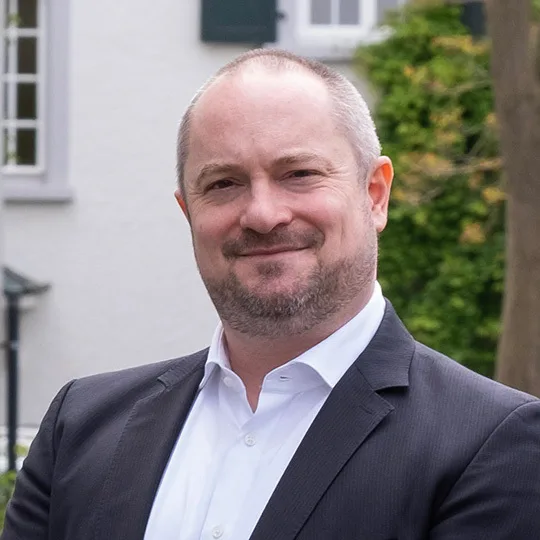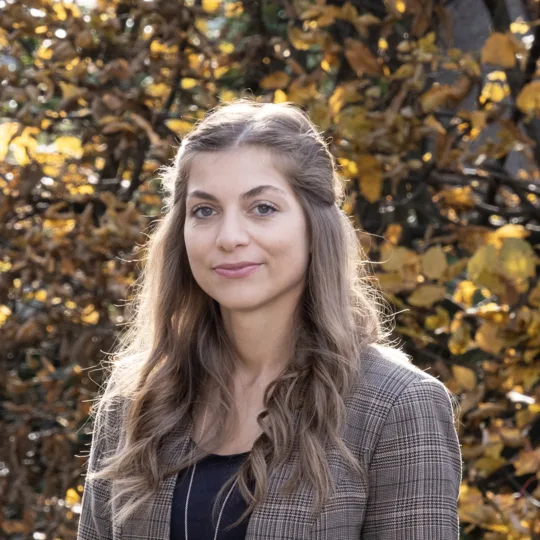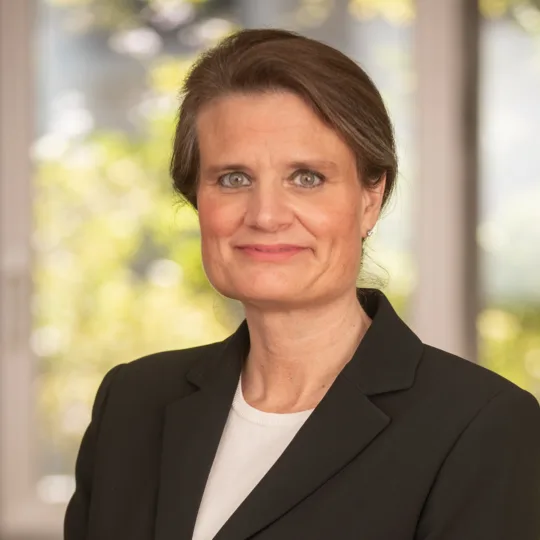Developing and expanding expertise on Eastern Europe
In the context of international cooperation in education, SERI supports selected collaborative projects seeking to expand Switzerland's ERI network. By working with partners in Eastern Europe and the Black Sea region, Swiss higher education institutions reinforce Switzerland's position as a research location.
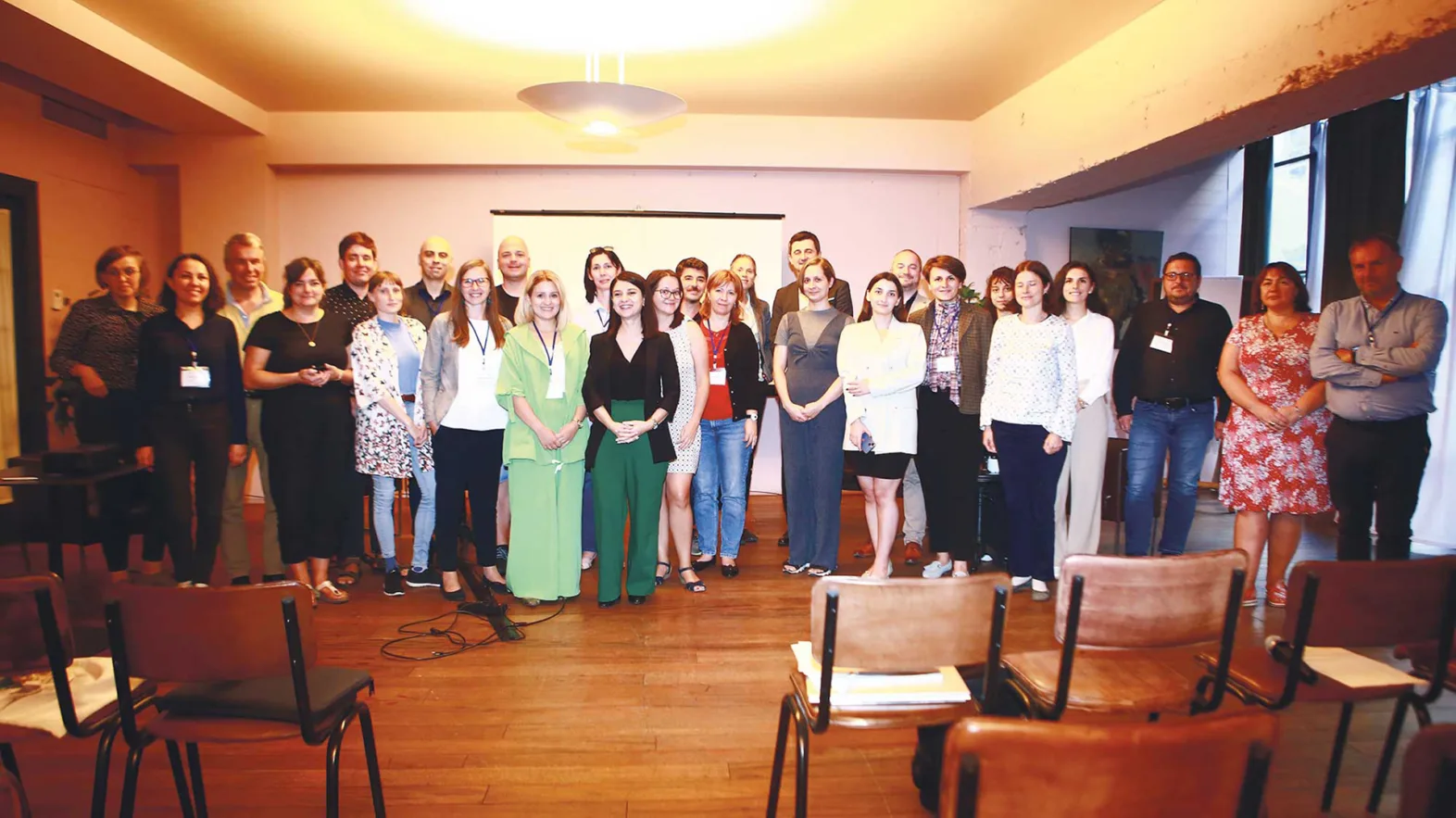
SERI supports selected collaborative projects between Swiss higher education institutions and leading foreign partners and competence centres as part of its efforts to foster international cooperation in education. Emphasis is placed on developing and broadening expertise and scientific networks, sharing knowledge and encouraging innovative and interdisciplinary approaches. Such collaborative projects bring great added value, especially in areas where scientific potential has not yet been fully tapped. Among other things, this applies to several cooperation initiatives focussing on Eastern Europe and the Black Sea region, which have been a key priority for several years now. Below, we present three initiatives, which combined have contributed to the steady development of scientific excellence in this area.
Center for Governance and Culture in Europe (GCE), University of St. Gallen
The GCE's programme is intended to encourage research cooperation between Switzerland and the countries of the Black Sea region in the humanities and social sciences. The aim is to deepen Switzerland's expertise on Eastern Europe. During the Cold War, Switzerland was mainly focused on Russia and paid little attention to important academic research being carried out in other countries of the 'Eastern Bloc'. Addressing current research questions in a broader geographical context is expected to yield insights that are also relevant for Western Europe and Switzerland.
Likewise, better networking between Swiss stakeholders and partner countries will result from these endeavours. Joint, transnational and interdisciplinary research projects, programmes and conferences are important ways of achieving this. The GCE launches and conducts research projects in the fields of political science, economics, cultural history and sociology. Emphasis is placed on innovative research questions that are usually explored using a differentiating transnational or comparative approach. When dealing with complex topics, conventional analytical approaches that focus heavily on nation-state categories quickly reach their boundaries. Examples that defy an exclusively national analysis include research addressing the consequences of the Covid-19 pandemic, or the impact of digitalisation on civil society processes or current migration and refugee flows in the wake of armed conflicts. The societies of the Black Sea region are closely intertwined historically, culturally and economically. For this reason, they provide an extremely fertile ground for research.
In addition, cooperation is also intended to build up the research capacities of partner institutions: reforms are still needed in the Black Sea region so that partner institutions can become more internationally competitive. As a case in point, the GCE works closely with Institutes for Advanced Study in Southeast Europe as well as with leading institutes in the Black Sea region and other internationally renowned partners (e.g. Harvard Ukrainian Research Institute). Particular importance is given to supporting young researchers, who are given the chance to present their work to a critical audience of experts and network with fellow researchers at international meetings. The GCE annual meeting held in Tbilisi, Georgia, in September 2022 is a good example of this. New research findings and projects were presented under the title 'Migration, Mobility and Displacement in the Black Sea Region', giving participants the opportunity to learn more about current developments taking place in the region.
Center for Eastern European Studies (CEES), University of Zurich
Founded in 2017, CEES serves as a central point of contact addressing the increased demand for Eastern European expertise. Its geographical focus is primarily on the post-Soviet region and in particular on Russia, the Caucasus and Central Asia. Via open-access publications, conferences, communications activities and consultancy work, the CEES provides information and guidance to policymakers, business leaders and interested members of the general public. In addition, CEES runs a platform to facilitate coordination of various national and international activities relating to Eastern Europe and also pursues academic cooperation projects with partners in Switzerland and abroad. The fellowship programme launched in 2019, for instance, enables young academics from Eastern European universities to spend an exchange semester at the University of Zurich where they pursue individual research projects and interact directly with CEES researchers.
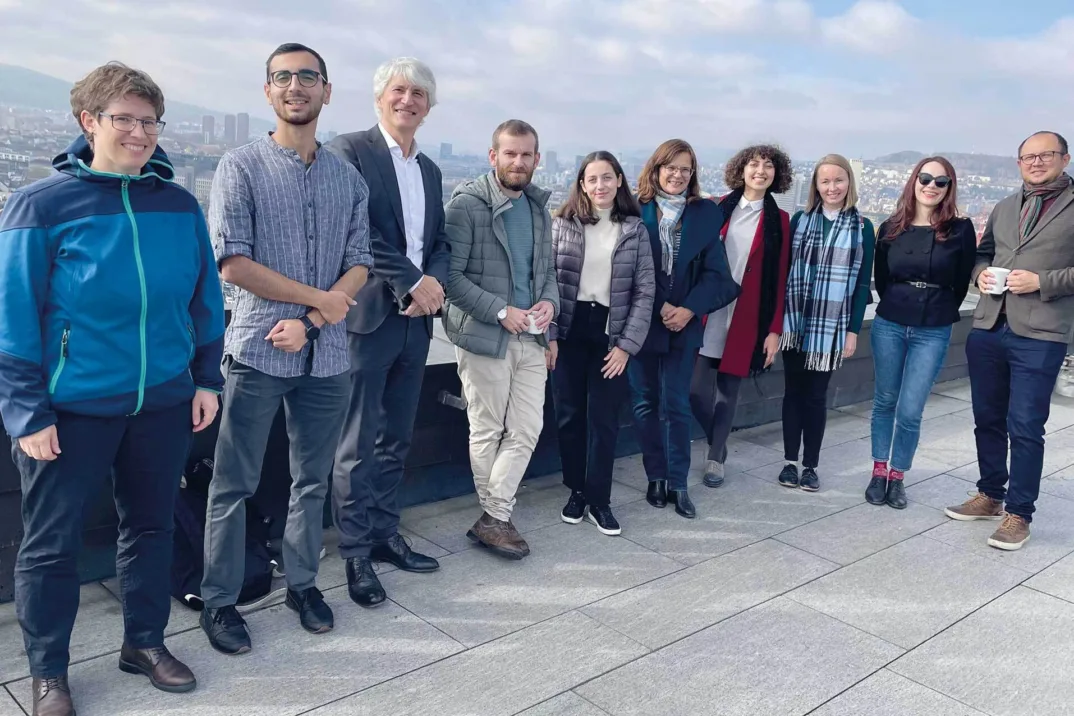
Center for Eastern European Studies (CEES), University of Zurich
Founded in 2017, CEES serves as a central point of contact addressing the increased demand for Eastern European expertise. Its geographical focus is primarily on the post-Soviet region and in particular on Russia, the Caucasus and Central Asia. Via open-access publications, conferences, communications activities and consultancy work, the CEES provides information and guidance to policymakers, business leaders and interested members of the general public. In addition, CEES runs a platform to facilitate coordination of various national and international activities relating to Eastern Europe and also pursues academic cooperation projects with partners in Switzerland and abroad. The fellowship programme launched in 2019, for instance, enables young academics from Eastern European universities to spend an exchange semester at the University of Zurich where they pursue individual research projects and interact directly with CEES researchers.
The CEES is committed to training future scholars on Eastern Europe for both academic and non-academic careers. The CEES enhances the quality of courses at the University of Zurich by organising events devoted to contemporary issues that specifically affect Eastern Europe. As a think tank, it covers the full range of events, from public panel discussions and academic workshops to large international conferences. The CEES remit also includes strategic cooperation with renowned research institutions, including the Center for Security Studies at ETH Zurich and the Research Centre for East European Studies at the University of Bremen.
The CEES pursues five main research priorities on politically and socially relevant developments in Eastern Europe:
- Political conflicts and violent conflicts, such as in the South Caucasus (Abkhazia, South Ossetia, Nagorno-Karabakh), the North Caucasus, parts of Central Asia, and more recently, Ukraine.
- Disinformation, i.e. the targeted production and placement of false or misleading information. Here, research focuses on the role that disinformation plays in the tense relationship between Russia and the West, and on what narratives and rhetorical strategies are used.
- Politics, culture and stability of social systems. Attention is given to authoritarian post-Soviet states, exploring questions about the character, stability and changeability of their political systems.
- Migration, population and social transformation, addressing questions about the circulation of people, goods and knowledge, particularly in Central Asia.
- Geopolitics, local integration projects and infrastructure. The goal of this research area is to trace integrative and disintegrative forces in the Central Eurasian regions, which have been in flux since the collapse of the Soviet Union.
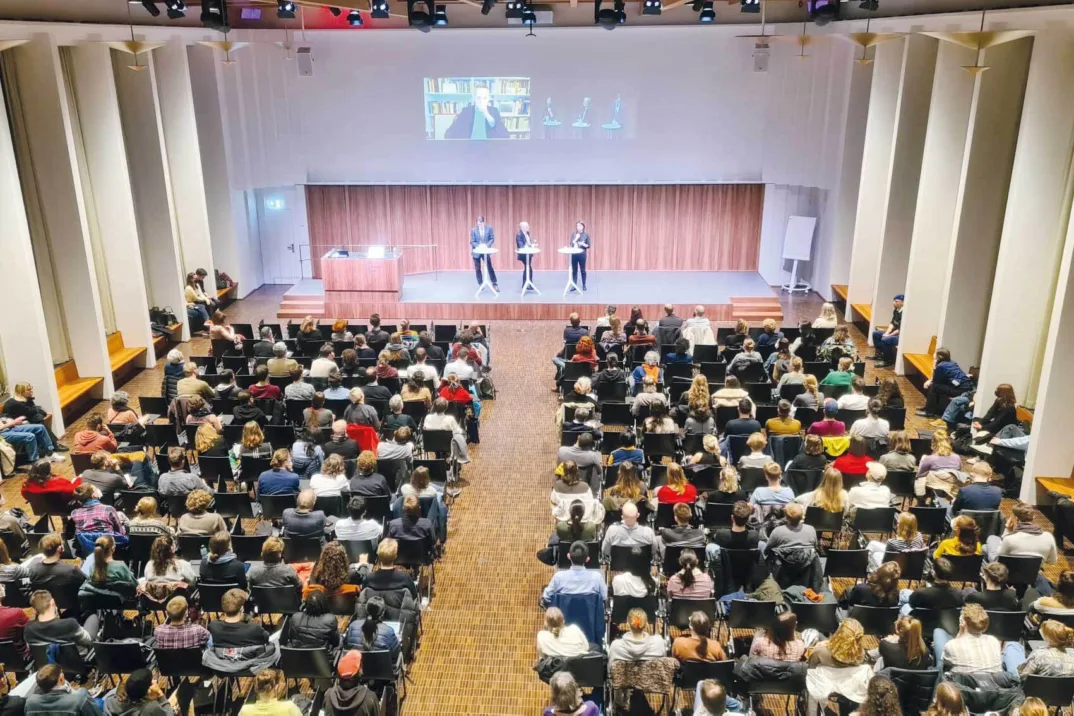
Ukrainian Research in Switzerland (URIS), University of Basel
The project is geographically focused: In the aftermath of the Euromaidan upheavals in Ukraine and Russia's annexation of Crimea in 2014 in violation of international law, it became apparent that Switzerland lacked specific expertise and understanding of Ukraine's history, society, politics and culture. URIS was therefore launched in 2017 for the purpose of deepening expertise on Ukraine in Switzerland, supporting young academics in this field and helping Swiss university scholars specialising in Ukraine to develop international networks.
The project is mainly centred on an international fellowship programme for postdoctoral fellows. Each year, two internationally renowned fellows (from Ukraine and other countries) complete a six-month research stay at the University of Basel and pass on their knowledge to students in a course. They also network with Swiss researchers, attend public events and serve as experts for the Swiss media.
In addition to the fellowship programme, URIS maintains a database and website on Swiss research on Ukraine and regularly organises events, Ukrainian language courses and online lecture series with renowned experts. Moreover, over 400 people took part in a public online lecture series on the history of Ukraine in the autumn semester of 2022. Over the past five years, these activities have enabled URIS to establish an academic network, which has greatly improved the quality of university research on Ukraine in Switzerland.
Valuable Swiss contribution helps to consolidate ERI policies
The initiatives taken by three universities, St. Gallen, Zurich and Basel, in the field of Eastern European studies are very similar in scope. However, they differ in terms of geographical and thematic focus and the complementary nature of these initiatives often leads to cooperation between the sponsoring institutions (e.g. joint workshops and conferences for young scholars). These projects have given rise to an evolving network of experts, students and interested parties hailing from politics, business and civil society. The targeted development of Swiss expertise in this area helps to consolidate Switzerland's position as a location for ERI activities in the future. At the same time, it has proven to be particularly valuable in the context of current developments in Eastern Europe.
Contact
Author
